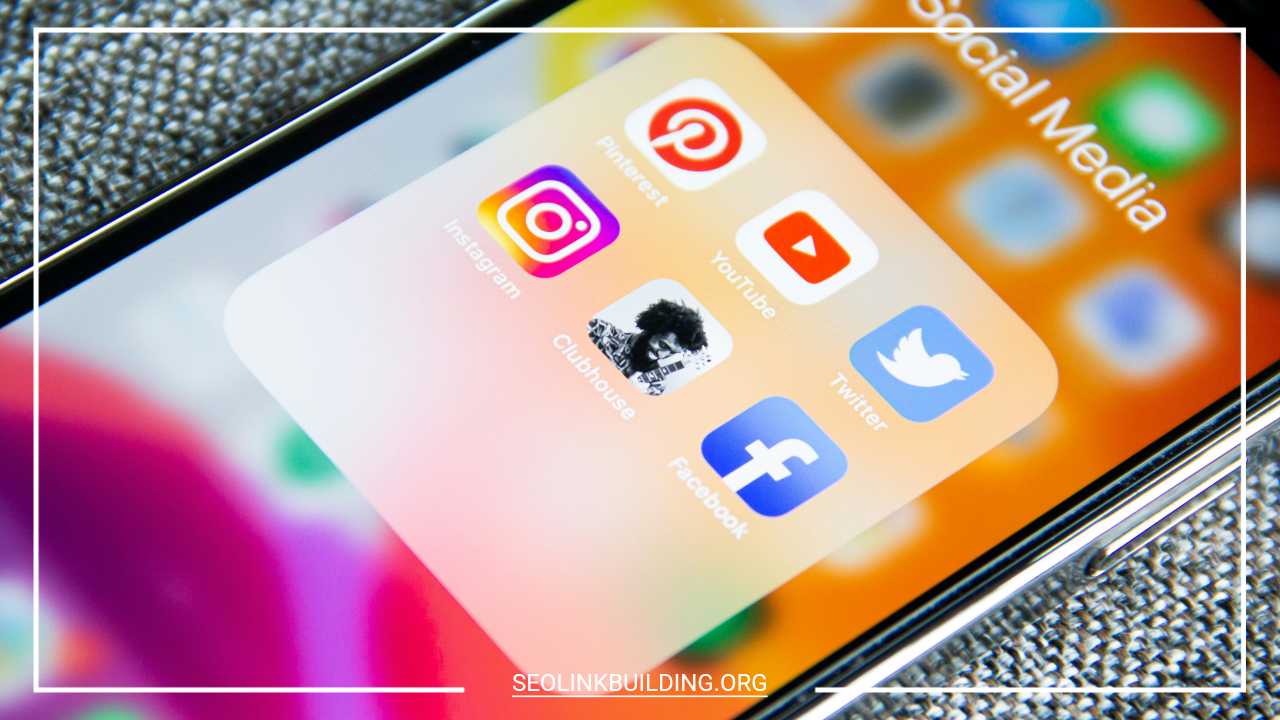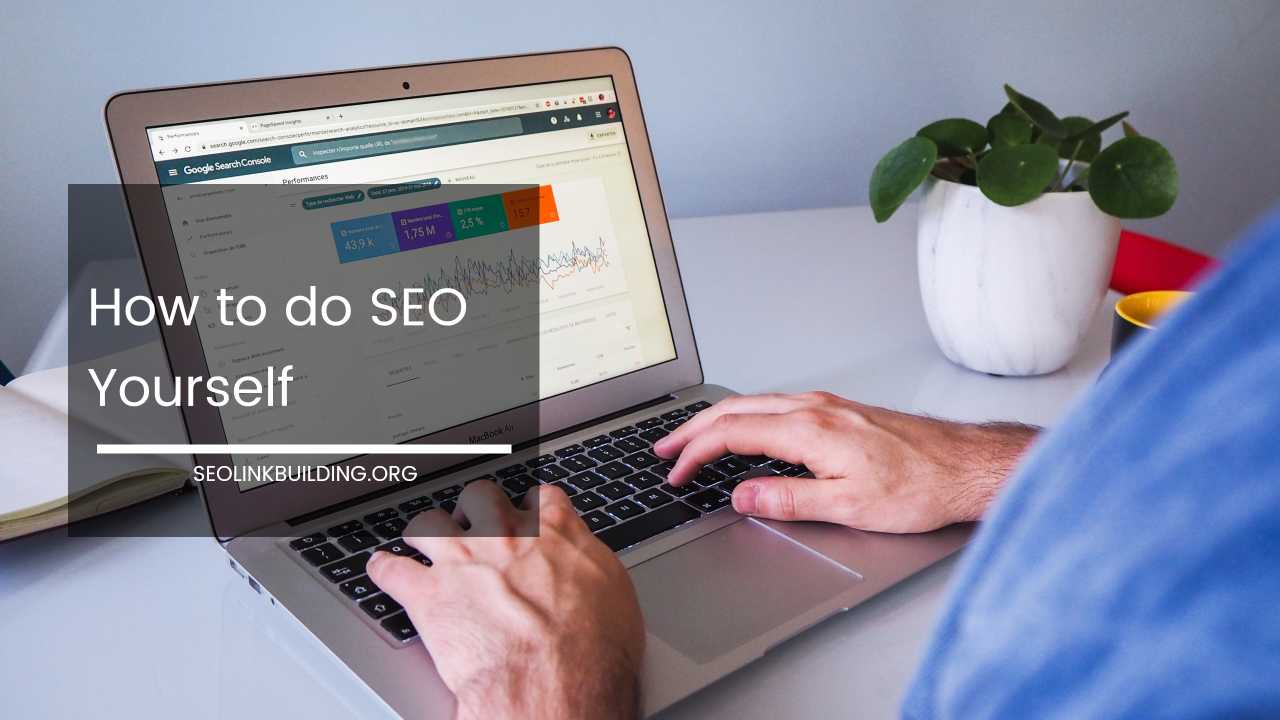Beyond Likes & Shares: A Guide to Navigating Social Networking

Social Networking
Social Networking: A Web of Connections in a Digital Age
The way we connect with others has undergone a revolution in recent decades. Gone are the days of relying solely on physical proximity or chance encounters to build relationships.
Social networking has emerged as a powerful force, weaving a vast digital tapestry that binds us together across geographical borders, social circles, and even generations.
In this comprehensive blog post, we’ll delve into the world of social networking, exploring its various facets, its profound impact on our lives, and the considerations that come with navigating this ever-evolving digital landscape.
A Rich Tapestry of Platforms
At its core, a social network is a web of interconnected people. But in the digital realm, this web takes the form of social networking services (SNS) – online platforms that enable users to connect, share information, and build relationships in a multitude of ways.
These platforms come in a variety of flavors, each catering to specific needs, demographics, and communication styles.
-
General-purpose platforms: Giants like Facebook, Instagram, and Twitter continue to dominate this space, offering a comprehensive suite of features for sharing content, from text-based posts to live videos and interactive stories. Users can connect with friends and family, discover news and updates, and join groups centered around shared interests.
-
Professionally-oriented platforms: LinkedIn remains the industry leader for professional networking. Users create profiles highlighting their skills, experience, and accomplishments, connect with colleagues and potential employers, discover job opportunities, and participate in industry discussions.
-
Interest-based platforms: Communities thrive on platforms like Reddit and Discord, where users gather around shared interests, hobbies, or passions. These platforms foster a sense of belonging and provide a space for in-depth discussions, knowledge sharing, and collaborative projects. Niche platforms like Goodreads for book lovers, Ravelry for knitters, and Strava for athletes cater to even more specific interests.
-
Messaging apps: WhatsApp, Telegram, and WeChat have transcended the boundaries of simple messaging, transforming into versatile social hubs. These apps allow users to exchange messages, photos, videos, and voice notes in real-time, fostering close-knit online communities and enabling seamless communication across borders. They also integrate features like group chats, video calls, and file sharing, blurring the lines between social interaction and practical communication.
-
Location-based platforms: Apps like Foursquare and Meetup leverage location data to connect users in the physical world. Users can discover nearby events, find people with similar interests in their area, and build local social connections. The rise of augmented reality (AR) social experiences further expands this concept, potentially allowing users to interact with virtual elements overlaid on the real world.
The Power of Connection: A Multifaceted Impact
Social networking has undeniably reshaped the way we interact with the world around us. Its influence extends far beyond simple communication, impacting our personal lives, professional endeavors, and even our understanding of global issues:
-
Staying connected: Social media platforms have become the go-to for staying in touch with loved ones, especially those residing far away. Regular updates, shared photos, and instant messaging bridge the physical distance and foster a sense of closeness, allowing families and friends to celebrate milestones, share everyday moments, and offer support during challenging times. Grandparents can connect with their grandchildren living in different countries, and long-distance relationships are sustained through frequent virtual interaction.
-
Building communities: Social networking empowers individuals with shared interests to connect and build online communities that transcend geographical limitations. These virtual spaces offer a platform for discussions, knowledge exchange, and mutual support. Online communities dedicated to mental health, chronic illnesses, or niche hobbies provide a sense of belonging and connection for those who might feel isolated in their physical environment.
-
Global awareness: Social media has become a powerful tool for raising awareness about global issues. Social movements can gain traction quickly, information can be disseminated rapidly across borders, and voices from around the world can be amplified. Platforms can be leveraged to advocate for social justice, mobilize support for humanitarian crises, and shed light on underreported stories.
-
Business and marketing: Businesses have discovered the immense potential of social media for marketing and customer engagement. Platforms provide a direct line to target audiences, allowing for brand building, product promotion, and building customer loyalty. Businesses can utilize social media for targeted advertising, customer service interactions, and building a strong brand identity. Social media influencers have emerged as a powerful marketing force, promoting products and services to large and engaged online communities.
-
Education and learning: Social networking platforms are increasingly being used for educational purposes. Online courses, webinars, and educational groups offer opportunities for lifelong learning and skill development. Students can connect with educators and peers from around the world, collaborate on projects, and access a wealth of educational resources.
-
Entertainment and leisure: Social media has become a major source of entertainment and leisure. Platforms like YouTube and TikTok offer an endless stream of video content, catering to diverse interests and tastes. Users can discover new music, watch funny skits, learn new skills through tutorials, and engage with gaming communities. Social media also facilitates online gaming, allowing users to connect and compete with others in real-time.
-
Political discourse and activism: Social media has become a breeding ground for political discourse and activism. Politicians can use platforms to connect with voters, share their platforms, and mobilize support. Grassroots movements can leverage social media to organize protests, raise awareness about political issues, and engage in online discussions. However, the spread of misinformation and the formation of echo chambers can also pose challenges in the realm of political discourse.
The Double-Edged Sword: Potential Downsides and Considerations
While social networking offers a plethora of benefits, it’s important to acknowledge the potential downsides that come with excessive use or a lack of awareness. Here’s a closer look at some key considerations:
-
Privacy concerns: Sharing personal information online comes with inherent privacy risks. Users need to be cautious about what they share and exercise control over their online profiles. Oversharing personal details, location information, or sensitive photos can have unintended consequences, from identity theft to social engineering scams. Understanding platform privacy settings and being mindful of the audience for your posts is crucial.
-
Misinformation and echo chambers: The spread of misinformation and “fake news” is a major concern on social media platforms. The rapid dissemination of unverified information can have a significant impact on public opinion, political discourse, and even public health. Confirmation bias, the tendency to seek out information that reinforces existing beliefs, can lead to echo chambers where users are primarily exposed to information that aligns with their worldview. Critical thinking skills and media literacy are essential to navigate the online information landscape effectively.
-
Mental health and addiction: Excessive social media use can negatively impact mental health, leading to feelings of inadequacy, social comparison, and anxiety. The curated and often unrealistic portrayals of life on social media can contribute to feelings of low self-esteem and dissatisfaction with one’s own life. The constant barrage of notifications and the fear of missing out (FOMO) can lead to compulsive checking behaviors and difficulty disengaging from the platform.
-
Cyberbullying and online harassment: Social media can be a breeding ground for cyberbullying and online harassment. Anonymity online can embolden some users to engage in abusive behavior towards others. Cyberbullying can have devastating consequences for victims, especially young people. It’s important to be aware of the signs of cyberbullying, to report such behavior to the platform, and to prioritize online safety.
Cultivating a Healthy Relationship with Social Media
To reap the benefits of social networking while mitigating the risks, here are some practical tips for cultivating a healthy relationship with these platforms:
-
Be mindful of what you share: Think twice before posting anything online, especially sensitive information. Consider the potential audience for your posts and how they might be perceived.
-
Curate your feed: Actively choose the content you want to see by following positive and informative accounts. Unfollow accounts that make you feel bad about yourself or that spread negativity. Utilize features offered by some platforms to mute or block unwanted content.
-
Limit screen time: Set boundaries for social media use and prioritize real-world interactions. Schedule specific times to check social media and stick to those limits. Engaging in hobbies, spending time with loved ones, and getting enough sleep are all essential for maintaining a healthy balance.
-
Be critical of information: Don’t blindly accept everything you see online. Verify information from credible sources before sharing it. Develop healthy skepticism towards sensational headlines and emotionally charged content.
-
Prioritize self-care: Maintain a healthy balance between online and offline activities. Engage in activities that promote your mental and physical well-being. If you find yourself feeling overwhelmed or anxious due to social media use, take a break from the platforms for a designated period.
-
Report abuse and harassment: Most platforms offer mechanisms for reporting abusive or harassing content. Don’t hesitate to report such behavior to the platform and to seek support from friends, family, or mental health professionals if you are being targeted.
The Evolving Social Landscape: A Look Towards the Future
Social networking is a constantly evolving landscape. New technologies like virtual reality (VR) and augmented reality (AR) are poised to further blur the lines between the physical and digital worlds, potentially creating even more immersive and interactive social experiences.
- VR and AR integration: VR and AR technologies have the potential to revolutionize social interaction. Imagine attending virtual concerts with friends from around the world or collaborating on projects in a shared virtual workspace. AR could overlay virtual elements onto the real world, allowing users to interact with friends and information in entirely new ways. Imagine exploring a museum exhibit with a virtual guide or playing interactive games with friends in a shared augmented reality environment.
-
The rise of voice and video: Voice and video-based communication are likely to play an increasingly prominent role in social networking. Platforms like Clubhouse, which focuses on audio-based discussions, have gained popularity, and video features like live streaming and video chat are becoming more integrated into mainstream social media platforms.
-
The creator economy: The creator economy, where individuals leverage social media platforms to build audiences and monetize their content, is likely to continue to flourish. Platforms like YouTube, Patreon, and Substack provide creators with tools to build communities, share their work, and generate income.
-
Evolving regulations and data privacy: As the influence of social media platforms grows, discussions surrounding data privacy and platform regulation are likely to intensify. Governments and regulatory bodies may take steps to address concerns about data security, misinformation, and online harassment.
Building a Brighter Digital Future
As we move forward, it’s important to approach social networking with a critical eye, maximizing its potential to connect, inform, and empower ourselves while remaining mindful of the potential pitfalls. Here are some key takeaways to consider:
-
Social media is a tool, not a replacement for real-world connection: Social media platforms offer valuable tools for communication and connection, but they should not replace face-to-face interaction. Prioritize spending quality time with loved ones and engaging in real-world activities.
-
Critical thinking and media literacy are essential: In today’s information age, critical thinking skills and media literacy are crucial for navigating the online world effectively. Develop the ability to evaluate information sources, identify bias, and discern fact from fiction.
-
Promoting digital citizenship: Fostering responsible online behavior, also known as digital citizenship, is essential for creating a safe and positive online environment. This includes treating others with respect online, being mindful of what you share, and reporting abusive or harassing behavior.
-
The power lies with us: Ultimately, the power to shape the future of social networking lies with us, the users. By making conscious choices about how we use these platforms, we can influence the type of content that gets promoted, the way we interact with each other online, and the overall impact of social media on our lives and society.
Social networking has undeniably woven itself into the fabric of our lives. By fostering a culture of responsible use, prioritizing real-world connections, and advocating for a positive online environment, we can leverage the power of social networking to build a more connected, informed, and empowered global community.














The importance of social networking sites in today’s world is immense. Indeed, the above mentioned websites are best, however there is also a latest Social Networking site MyworldGo , where you can connect with others. We are also available on iOS and android.